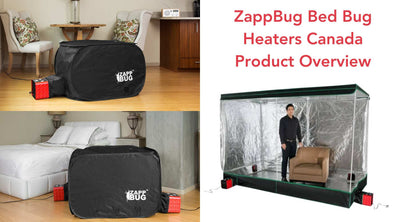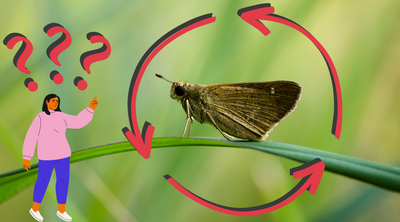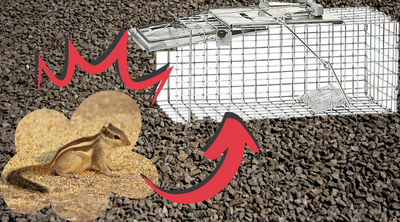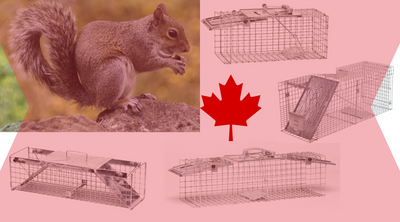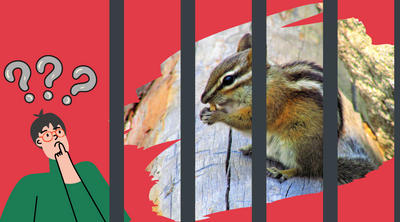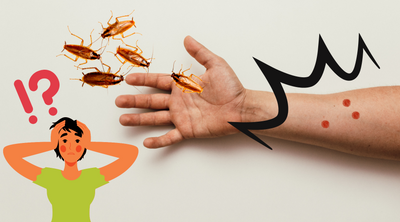Rodents look for ways to survive the harsh winter. They need a warm place where they can access food water and shelter. Mice and rats spend early fall and late summer trying to enter homes. Once they are inside your home, they look for hidden, isolated areas where they will go unseen.
Rodents are good at finding small gaps and cracks. They gnaw on various objects such as wires, plastic, insulation, fabric, cardboard, wood and paper. Rodents also use these materials to build their nest. These activities often occur behind the walls of your home.
If there’s a rat or mouse infestation in your home, you should take action to get rid of it immediately.
· Mouse traps
Using mouse traps can help you get rid of mice. Wooden snap traps are enough for dealing with light to moderate infestations.
Most people, however, take mice infestations too lightly. It is common to lay a dozen of traps for one mouse or what they think is a single mouse. You should lay different kinds of traps.
Multiple-capture live traps, glue traps and bait traps should be used together with wooden snap traps. This will boost your chances of capturing them because some might be sensitive to certain kinds of traps and know to evade them.

· Get rid of all entry points
Mouse proofing your home is an efficient way to prevent mice infestations from occurring or growing. You can do this by getting rid of all entry points.
This can be tricky because a mouse can squeeze itself into small openings. Seal openings or gaps in the walls and cracks in the foundation with caulking and steel wool.
Don’t use wood, plastic, rubber or any material that a mouse can easily and quickly gnaw through. You should also get weather stripping for window and door gaps.
· Bait stations
Bait packages or bait stations are sealed packets that contain pellets or meal. It usually comes in cellophane, plastic or paper wrapping, allowing the mouse to easily gnaw through and access the fresh bait.
They feed on the bait and die. Bait stations are best handled by qualified pest management professionals to guarantee the safety of your family and pets.
· Pick the best bait
You can use mouse-approved favorites like peanut butter, chocolate, dried fruit, oatmeal, hazelnut spread, bacon or whatever food the rodents have been consuming in your home for bait. Use dental floss or fishing line to tie the selected bait to the trigger.
You can also use a hot glue gun to secure the bait. Replace the bait every 2 days. In case the food is not working, you can use nesting materials like feathers or cotton balls.
· Place the traps properly
The trap should be placed perpendicular to the wall. Make sure the trigger section faces the baseboard so that when the mouse scurries along the wall, it will run into the bait. This way, you can prevent them from triggering the trap prematurely.
Mice usually do not travel more than 10' or 20' from their nesting area and food source, so you can put the traps anywhere you see signs of mice like chew marks, dead mouse or rodent droppings. You should change the location of traps every 2 days or so.
· Deal with the rodents inside and outside of your house
Get rid of debris around your house where rodents can hide. Destroy all nesting areas and burrows you find. Weeds should be kept to a minimum.
You should also line the foundation of your home with heavy gravel to prevent burrowing and nesting. It’s easier to see signs of rodent activity when there’s less clutter and debris around your house.
· Natural Predator
A lot of cats love to hunt rodents. Some dogs will chase mice as well. Your pets might help you catch rodents without you doing anything.
If you don’t have a pet and you have a rodent infestation at home, now is the best time to get a cat or dog. Many farms use barn or farm cats to control the population of mice.
· Maintain proper sanitation
Although good sanitation will not completely eliminate mice, you should keep in mind that poor sanitation will attract rodents. Mice can live on only three to four grams of food every day.
Keep food in airtight containers or glass jars. This includes pet food. If you leave pet food out in a bowl all day, you are just giving rodents another source of food.
Wipe down counters and vacuum floors to get rid of crumbs, residue or any food source. You should also secure your garbage.
Remember that mice can chew through almost anything thanks to their sharp incisor teeth. They can even gnaw on concrete if they want to, so plastic bags will not deter hungry rodents.
· Mint
Mice don’t like the smell of mint. Dab cotton balls on some peppermint oil and put them wherever you see mice. You can also try adding a few drops of peppermint oil to water. Spray the mixture around your home every day.
· Know when to hire a pest control professional
There’s a limit to what you are willing to take on yourself or put up with. If you need a professional to deal with the rodents entering your home, you should ask your neighbors or friends if they have recommendations. Call them to get an idea about their services and how much they charge.
You should also ask if they are a member of a national or state association and if they are licensed. They usually take the time to get the necessary credentials and keep themselves up-to-date with the latest rodent control methods.

